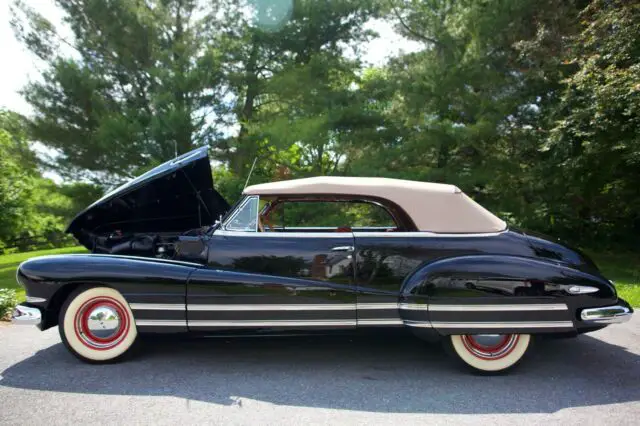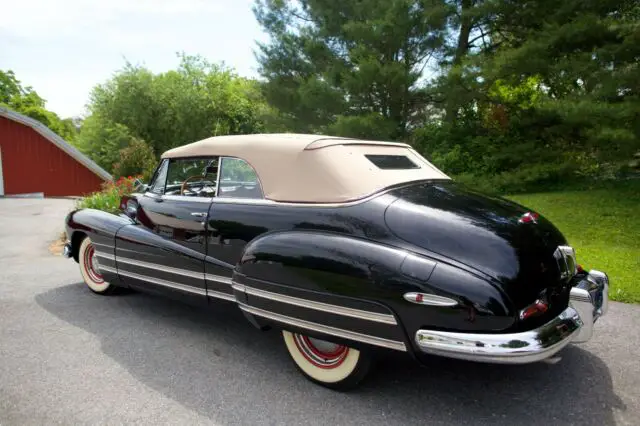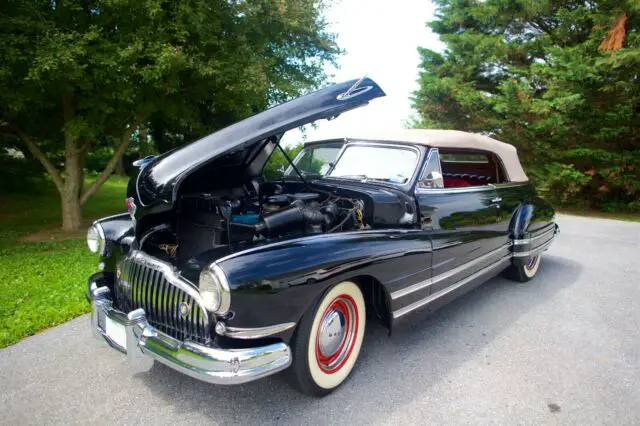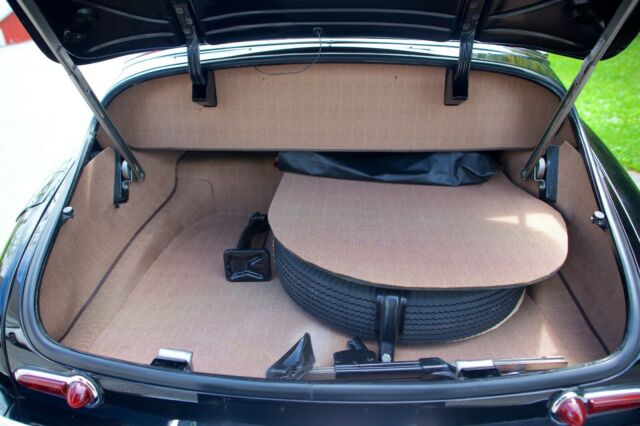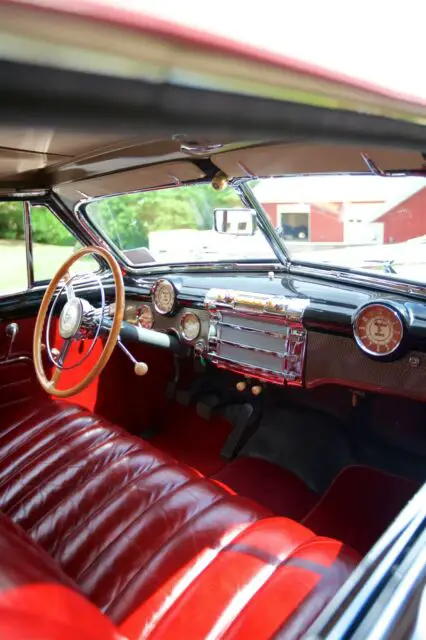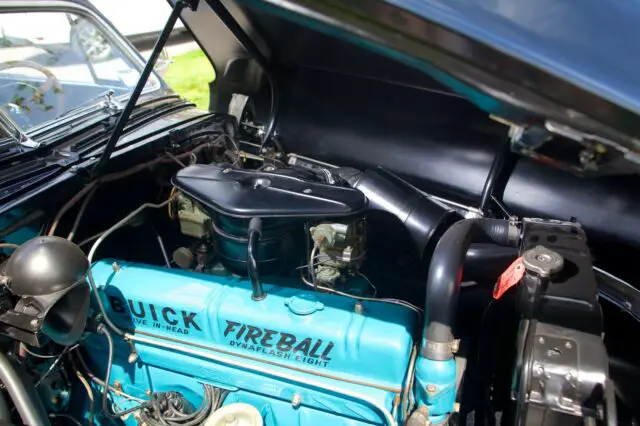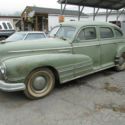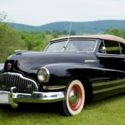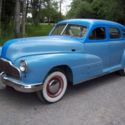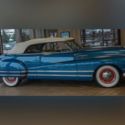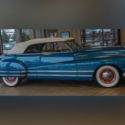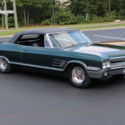1942 Buick 56C Super Convertible
| Make: | Buick |
| Model: | Other |
| Type: | Convertible |
| Year: | 1942 |
| Mileage: | 525 |
| VIN: | 14308822 |
| Color: | Black |
| Transmission: | Manual |
| Drive type: | RWD |
| Interior color: | Red |
| Vehicle Title: | Clean |
| Item location: | Burkittsville, Maryland, United States |
1942 Buick Other Additional Info:
Purchased in 1999, VIN 14308822 underwent a frame-off professional restoration in 2003 by Louis Jenkins, Sr., North Wilkesboro, NC, and was first shown at the non-judged Centennial of Buick in Flint in 2003. The car subsequently traveled by trailer to car shows on the east coast, receiving numerous awards including:
The car was retired from competition in 2012; it has since been professionally serviced, maintained and stored in an air-conditioned garage in Burkittsville, MD. Clear Title; Shop manual, Service Bulletin, Master Parts for body and chassis; Car cover; Spare tire and correct tool kit; 1942 Buick color catalogue; Logbook of all repairs and expenses including storage. Mileage is approximately 525 since restoration in 2003.
Model Background:
Buick introduced sweeping 'Airfoil' fenders on its 1942 Super and Roadmaster series two-door sedans and convertibles - making them the first major American cars, and the only GM cars, to have this innovative feature. Other styling features on the 1942 models originated [1942 Buick Series 50] with the Buick Y-Job experimental convertible created by the eminent GM designer, Harley Earl, in 1938.
The attractive 1942 Buick design would essentially be carried through the 1948 model year. However, post-WWII Super models would have a single bright trim strip along their body sides, instead of the dual strips seen on this 1942. The 1942 Buick Super Convertible was built on a 124-inch wheelbase and had a production shipping weight of 3,998 pounds. The original price was $1,450. A total of 2,489 of the Model 56C Super Convertibles were produced before production was halted in February 1942, when General Motors converted completely to war production.
This particular car was produced in Flint, Michigan on or about November 4, 1941. Critical metals needed for defense dictated that cast-iron pistons replace the aluminum pistons used in prior-year versions of its 118-horsepower Buick Fireball straight-eight engine.
